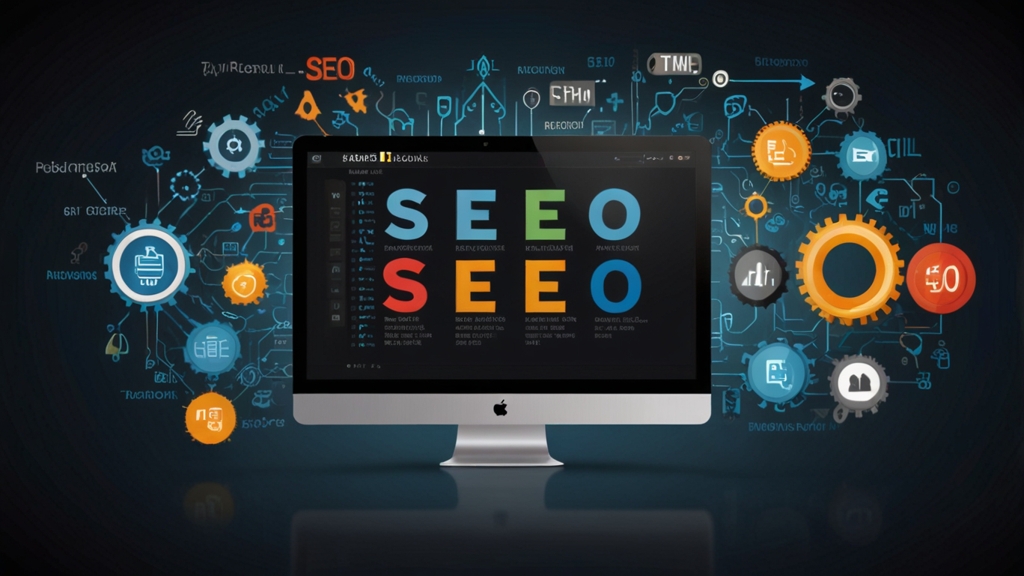The Mythos of Genesis: How It Influences Modern Myths
The Book of Genesis, the first book of the Bible, has been a wellspring of stories, archetypes, and motifs that continue to shape our cultural and imaginative landscapes. These ancient narratives have an enduring legacy, seeding modern myths in literature, film, and other art forms. Understanding how Genesis influences contemporary storytelling allows us to appreciate the continuity and evolution of human thought and creativity.
The Genesis Archetypes
Genesis introduces some of the most enduring archetypes in human history: the creation of the world, the fall of man, the great flood, and the quest for redemption. These themes resonate with universal human experiences and emotions, providing a foundational framework for countless modern tales. The dichotomy of good and evil, the temptation of knowledge, and the consequences of hubris are all articulated in the Genesis stories.
"In the beginning, God created the heavens and the earth." — Genesis 1:1
This line not only sets the stage for the Biblical narrative but also underpins many modern origin stories, from the Big Bang in scientific discourse to imaginative renditions in science fiction and fantasy. The Book of Genesis offers a canvas on which numerous modern myths are painted, echoing humanity's quest to understand its origins.
Creation Myths in Modern Storytelling
The creation myth in Genesis, with its orderly progression from chaos to cosmos, finds parallels in numerous contemporary narratives. Films like "The Matrix" reimagine creation in a digital landscape, while books like "The Silmarillion" by J.R.R. Tolkien mirror the divine craftsmanship of world-building. Both cases showcase how the Genesis archetype adapts to and thrives in modern storytelling.
"And God saw everything that he had made, and behold, it was very good." — Genesis 1:31
This notion of a perfect inception that becomes flawed or challenged reappears repeatedly. In Mary Shelley's "Frankenstein," Victor Frankenstein creates life but fails to see the broader implications of his actions, leading to tragic consequences. The parallels to Genesis are clear: the marvel of creation paired with the perils of overreaching ambition.
The Fall and Redemption
The story of Adam and Eve's fall from grace is one of the most iconic tales from Genesis. This narrative of temptation, sin, and the quest for redemption remains potent in modern myths. Works such as "Star Wars" explore these themes with characters like Anakin Skywalker, who succumbs to temptation and ultimately finds redemption. The universal appeal of the fall and redemption archetype lies in its reflection of our own struggles with morality, failure, and the hope for salvation.
Furthermore, dystopian tales often carry the Genesis theme of a lost paradise. In "The Road" by Cormac McCarthy, the post-apocalyptic world serves as a fallen Eden, where characters seek solace and redemption amid darkness. Such narratives use the fall as a mechanism to explore human resilience and the quest for meaning in adversity.
The Flood and Renewal
Noah's Ark and the Great Flood is another Genesis story that has found a home in modern myths. Tales of cataclysmic events followed by renewal are common in post-apocalyptic fiction. "The Water Knife" by Paolo Bacigalupi and "World War Z" by Max Brooks are modern examples where humanity faces near-extinction but finds hope and renewal in the aftermath.
These stories echo the Genesis flood by illustrating the cyclic nature of destruction and rebirth. They serve as cautionary tales while simultaneously offering a glimmer of hope, reminding us that renewal is possible even after the gravest disasters.
Conclusion
The mythos of Genesis continues to exert a profound influence on modern myths, providing a reservoir of themes and archetypes that resonate with audiences today. From the marvels and dangers of creation to the bittersweet journey of fall and redemption, these timeless stories reflect the complexities of the human experience. By understanding how Genesis infuses contemporary narratives, we not only appreciate these modern stories more deeply but also grasp the enduring power of ancient myth-making.







